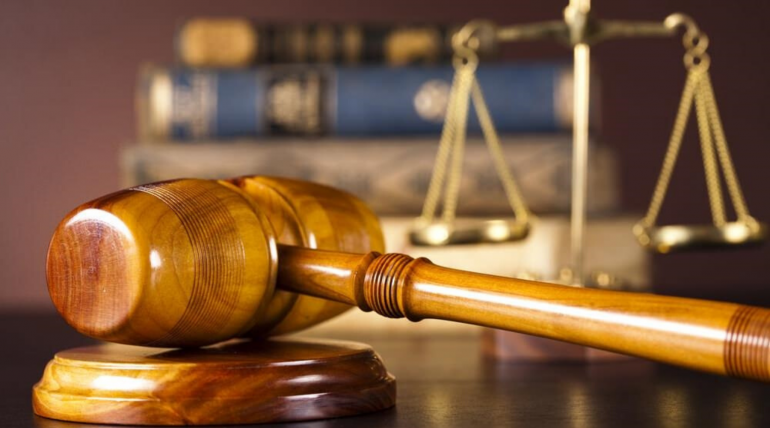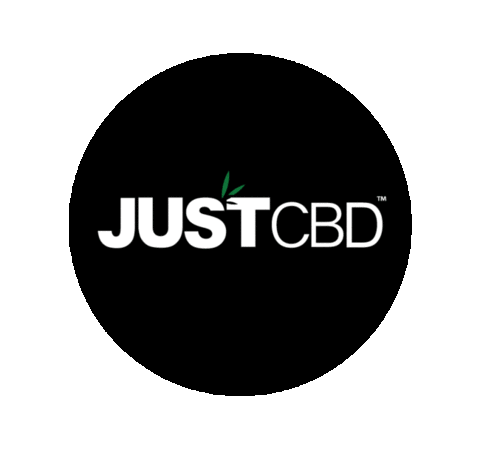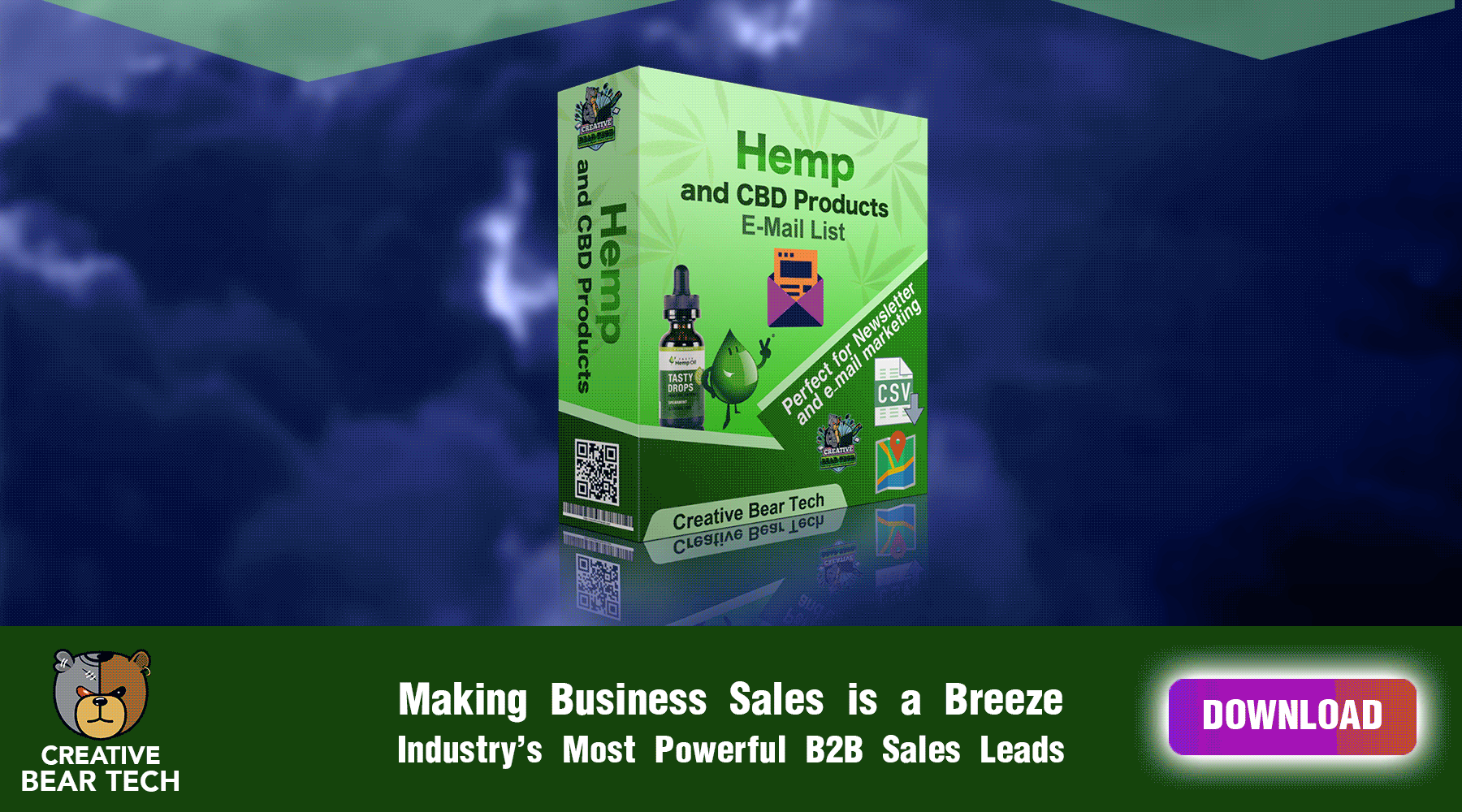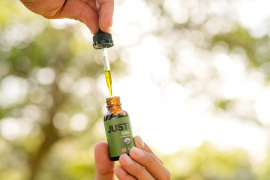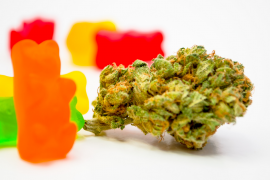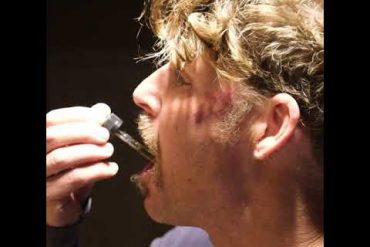CBD and the Laws: What You Need to Know
Is It Legal to Buy and Consume CBD Products?
These days, popular cannabidiol (CBD) products are trending all over the internet, as well as retail vendors, including convenience stores and gas stations. You may find the best CBD gummies and other edibles at the mall, including CBD coffee protein bars. Perhaps your coworker has a powerful CBD tincture in her purse, and the top CBD for dogs and cats is on display when you visit the veterinarian’s office. There is also a wide variety of CBD oils, lotions, and sprays for sale. But wait a second. Is CBD even legal? Discover all the facts about CBD and the laws in the United States.
To begin, it is important to understand the difference between THC and CBD when it comes to the law of our land. If you are familiar with cannabis plants, you already know that the plant possesses THC, as well as CBD, among its 400+ ingredients. They both have positive effects on a person’s mind and body, and there are some pretty big differences between THC and CBD. For starters, only THC gives individuals psychoactive feelings.
Short for tetrahydrocannabinol, THC found in Mary Jane affects a user’s CB1 receptors. This is what gives the body a euphoric feeling. Recreational users enjoy the high from weed, thanks to the THC in oils, doobies and vape pens. Once consumed, it goes to the brain and affects a user’s central nervous system, as well as other important parts of the brain, including emotional states, energy levels, and other cerebral effects.
Even if it comes from the same plant and offers many of the same wonderful benefits as THC, CBD will not get an individual high. In fact, CBD often reduces THC’s influences on the body. THC has been known to cause anxiety and paranoia. It’s possible that a user won’t be able to operate machinery. Additionally, THC can irritate an upset stomach.
Thankfully, CBD comes with zero side-effects that cause a person harm, regardless of how much is consumed. If you do decide to take a THC product, mixing it with a little CBD is often a smart move, both mentally and physically speaking.
In order to sell CBD in a retail store, the vendor cannot make a single health claim about the merchandise. The Food and Drug Administration has only approved a single CBD product to treat epilepsy. In fact, the FDA has already started to crack down on companies making medical claims about their CBD.
While the voters and politicians work out what THC and CBD will be sold at the corner store, purchasing the best CBD products often requires a little work. Of course, a person should always speak with a medical professional regarding the legal use of CBD. Fortunately, you can always perform a little homework on your own by reading trustworthy websites and blogs. It is also wise to read the label on every piece of merchandise. You can also check out the makers’ websites and customer reviews all over the web.
Important questions that should be answered include:
- How much CBD is really found in an item?
- What about the amount of THC?
- Where is the company located?
- How long have they been in the CBD business?
- What certifications do they have?
- Are the CBD products laboratory tested?
- Where are the CBD goods produced?
If none of this vital information is shared, there is a reason for it. You must avoid these products. They could easily be illegal, as well as unsafe.
When doing homework on what CBD you should legally purchase, always confirm that the products stem from domestically grown hemp. Believe me, you want our nation’s strict production rules and regulations looking out for you. Who knows what is being mixed in CBD gummies produced in Asia? It is just as important to make sure that every CBD delight you buy is laboratory tested by a nationally regulated organization. Otherwise, you could be paying for too little CBD or an overabundance of THC. Your general safety could come into question.
It is now legal across the country, but can you carry CBD onto an airplane? Yes, you can. In May of 2019, the Transportation Security Administration (TSA) changed its policy on CBD. A person can now carry any CBD products that meet the Agriculture Improvement Act of 2018, also known as the 2018 Farm Bill, requirement of no more than 0.3% THC. The bill was signed into law in December 2018, making hemp legal at the federal level. Hemp is no longer considered a Schedule I illegal controlled substances. Rather, it is classified as an agricultural commodity.
The reclassification of the plant opens the doors for hemp to be lawfully cultivated for commercial use. Rather than the Drug Enforcement Agency (DEA), its rules are now administered by the U.S. Department of Agriculture (USDA).
In May of 2019, hemp reached another milestone. The United States Department of Agriculture put out a public statement openly allowing hemp to be carried over state lines, as long is it meet’s the particular states’ regulations.
In the near future, American consumers will likely see CBD-infused products from big names, like Peaches and Screams (CBD Sex Lube), Coca-Cola and Ben & Jerry’s in CVS and Walgreens. Meanwhile, there are literally thousands of CBD-infused goods available on the internet.
Just like it is with medical marijuana, states have their own laws about CBD. Specific conditions that come into play include a state’s definition of how much THC is found in the CBD? For instance, is there more than 0.3% THC? Does it adhere to the shared state and federal guidelines? Did the hemp come from a licensed domestic grower? Keep in mind that what can be made, sold, and carried around in California isn’t the same in Alabama. There is no one format in place to use as a guideline, as CBD being introduced into the American legal system is a relatively new occurrence. Many states are in still developing regulations with voters who will undoubtedly change their laws in 2020.
Even if travelling with the right type of CBD in a progressive state, you should still exercise caution. A majority of states don’t have testing guidelines, or your CBD product could be mislabeled. The last thing you want to do is get detained the next time you go to the airport.
Many consumers want to know if CBD will show up on a drug test. If so, the legal use of CBD could cost them their jobs. CBD by itself doesn’t appear on drug tests. However, many CBD products out there contain THC. Even if a person buys hemp-derived CBD merchandise, it may be mislabeled, as the industry isn’t completely regulated by Uncle Sam. That’s why it is essential that you only buy reliable CBD goods from a reputable company that sells laboratory tested and properly labeled products.
Hang in there. It is only a matter of time before every state in the union catches up with Colorado, California, and Washington when it comes to cannabis on the open market. Perhaps you live in a state, like Florida, where CBD is legal under certain conditions. Many regulations will come to a vote in the next year. The potential power of CBD and the lawbooks is encouraging. As Bob Dylan preaches, “The times they are a-changin’.”
- A new survey reveals – the pandemic has increased CBD use - March 30, 2021
- Epidemic of insomnia sees JustCBD formulate sleep-specific CBD gummies - March 18, 2021
- UK-based hedge fund acquires celebrity fashion brand Dimepiece in $50 million deal - March 18, 2021

